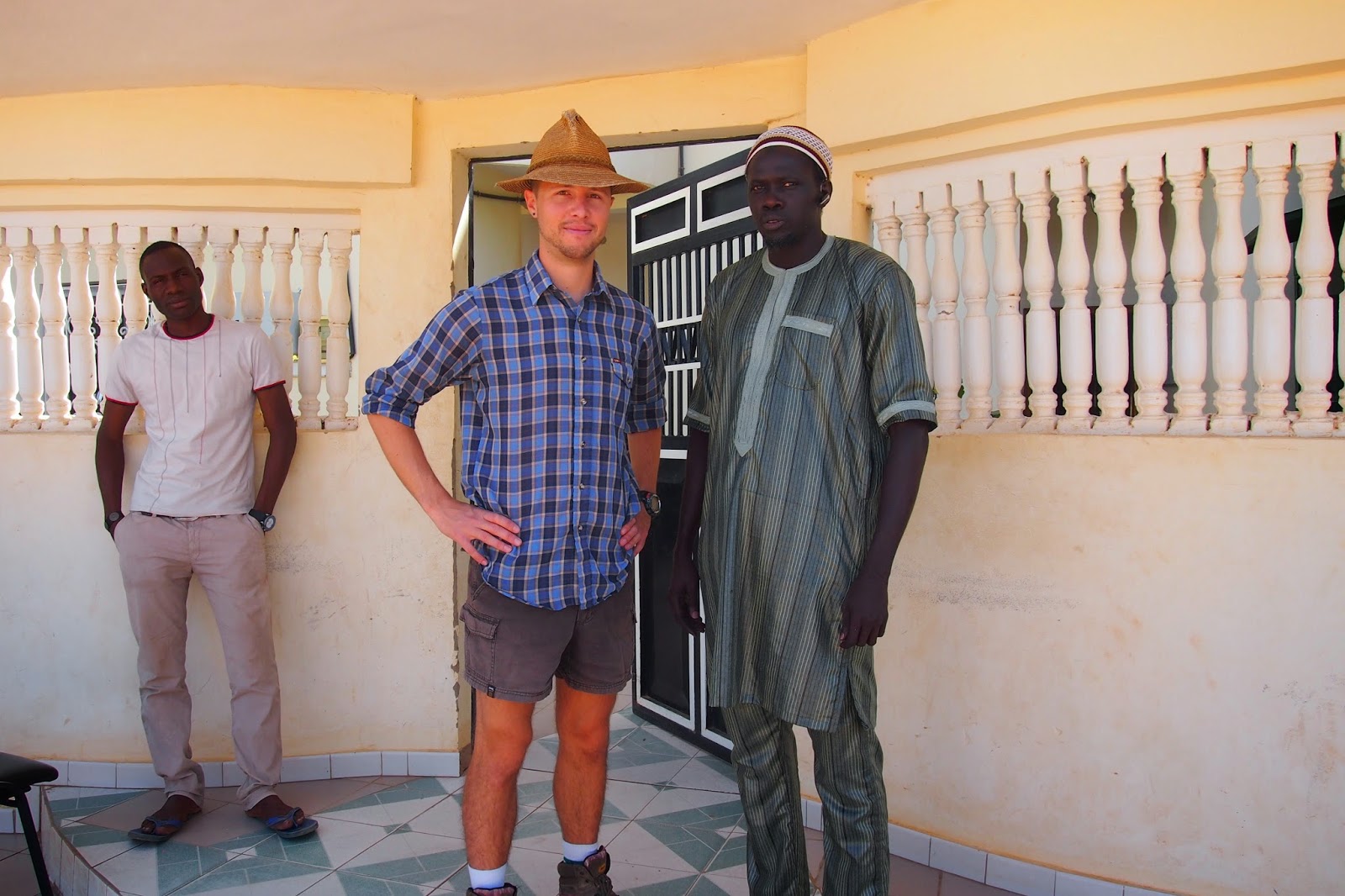Senegal: Farmer to Farmer
I'm currently on my third day in Senegal, and I've managed to butcher my four years of French training that was never taken out of the box when I knew it best. As dusty as it is I'm able to get by, mostly with the assistance of Abibou Diaw (pictured above), the Farmer to Farmer Program Coordinator for my two week trip here. Hopefully I'll learn some Pulaar and Wolof greetings before I leave as well.
I can blame Arun Jani for this, as he introduced me to the program and is himself a former volunteer. What's further, he worked in Ouro Sogui, my base as well, with Abibou in June 2012 in horticulture techniques. While I'm not fluent in Wolof nor a former Peace Corps volunteer from Senegal as Arun is, Abibou will be my translator and make sure the words and instructions are made clear.
Farmer to Farmer is a program that facilitates the transfer of technical assistance from knowledgable Americans to organizations and groups in developing countries. The groups send a training request to the program, and then suitable candidates with proven skills are enlisted to help. Managed by the US NGO NCBA CLUSA (National Cooperative Business Association) using USAID (US Agency for International Development) funding, volunteers' transportation, lodging, and food are provided for during the trip.
Farmer to Farmer operates around the world, with Senegal, DRC, Liberia, and Uganda in Africa, and in many regions of each of these countries. The program areas then include a wide area of agriculture related needs: agronomy, horticulture, processing, business, finances, organizational programming, environment, IPM (integrated pest managment), and even on one occasion, cheese making.
The scope of work for my trip has three objectives:
1. Teach the theoretical importance of compost and conservation agriculture
2. Provide practical training in how to make and use compost
3. Provide practical training on conservation agriculture techniques and their advantages
There are a few groups that will receive a three day course I've planned based on these objectives. The first and primary target is a group of women who represent women gardeners around the Ouro Sogui area. Named Fonds de Solidarité Locale, they plant vegetables during the dry season in soil that appears to be predominantly clay (the men have already grown sorghum and millet in the rainy season). It is indurated this time of year making it impossible to work. Even in the rainy season water ponds and floods with little infiltrating the root zone. This is where they saw a need to learn how to improve upon the harsh conditions they face using tools that they hear may help.
That is the surprising structure of this program: it is completely from the ground up. This means they are ready and eager to learn and implement what is being taught. Indeed, this can be the most transformative and beneficial type of development.



Comments
Post a Comment